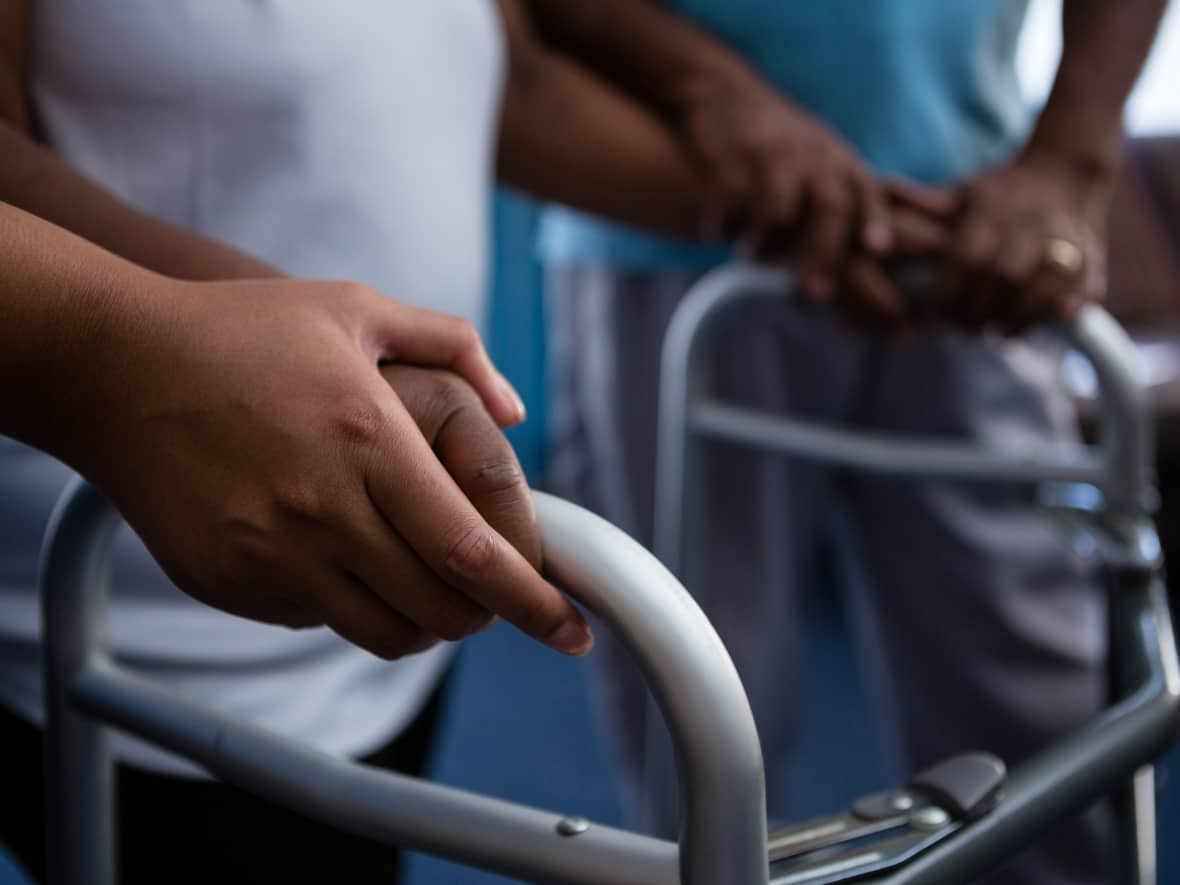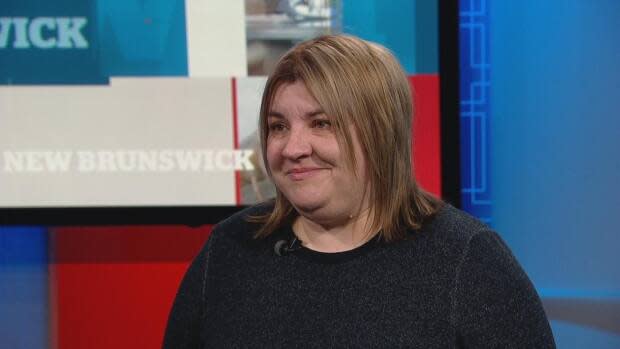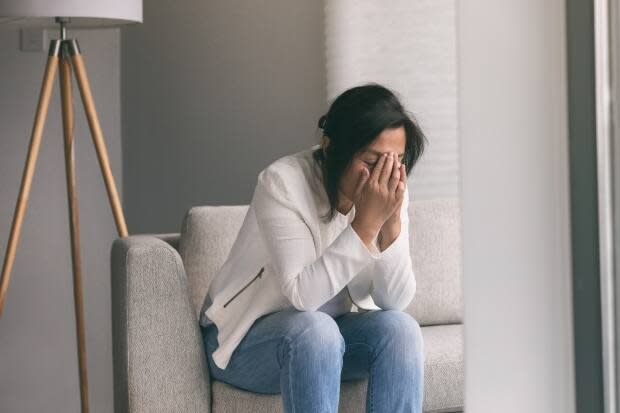Ability N.B. warns of 'new disability population' with long COVID

Ability N.B. says the province is dealing with a "new disability population" when it comes to people with long COVID.
The group says it's been receiving more calls about long COVID and the supports available to people who suffer from it.
Haley Flaro, executive director of Ability N.B., says the group first saw a trend forming about five months ago.
"We started to have some internal conversations about, you know, this could mean a new population accessing … what are the eligibility criteria for our services," said Flaro.
The most common symptoms of long COVID, according to the Public Health Agency of Canada, are fatigue, memory problems, anxiety, depression and even post-traumatic stress disorder.
Flaro said people need to have a diagnosed long-term disability to access many supports.
But the medical world is still researching long COVID, and there's no consensus about if long COVID is permanent, or if not, how long it will last.

In the meantime, she said, people are being put in a vulnerable position.
"People still need to pay their bills. They need access to equipment and supplies, and need to be able to pay their rent and may need to move into accessible apartments," said Flaro.
"We are getting increasingly worried that people may not be eligible for certain supports because of the unknown around what long COVID means."
Earlier this month the Department of Health told CBC news they were working on a trajectory-of-care plan for those with long COVID.

The province has faced criticism from some long COVID sufferers for being too slow to address the issue.
Flaro said she's encouraged by conversations she's had with health care professionals about what can be done in the province.
"I'm really hopeful that we have some great physical medicine specialist in New Brunswick that will be making sure they're on the cusp of any new medical research and the treatment regimens that are coming down the wire."

 Yahoo Movies
Yahoo Movies 
